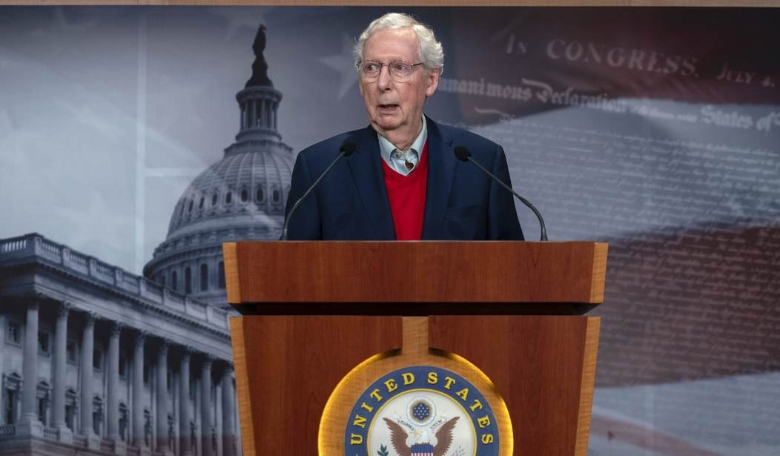In December 2021, the FDA cautioned the public against using animal-intended Ivermectin for the treatment or prevention of COVID-19.
At the time, this statement sparked controversy as the FDA promoted the drug to African migrants in 2015, despite receiving praise in numerous scientific journals.
There have been more than 101 scientific studies on Ivermectin confirming its significant efficacy in treating COVID-19 in the early stages. The scientific evidence is indisputable.
However, the US government has criticized the use of Ivermectin for COVID-19 treatment, leading to unnecessary deaths of tens of thousands of Americans.
Fast forward to today, a recent study has shown that individuals who took Ivermectin fared significantly better than those who did not.
The Epoch Times and ZeroHedge reported on a new study that found individuals who tested positive for COVID-19 and used ivermectin as a treatment experienced faster recovery compared to a control group.
According to the study conducted in the UK, those who took ivermectin reported recovering a median of two days sooner than the comparison group. The difference in recovery time was deemed statistically significant.
Get your Wellness Company Contagion Kit that contains critical medications for when you need it most.
HURRY BEFORE THE GOVERNMENT BANS THEM!
Get 10% off anything on The Wellness Company store when you use promo code ‘SPREELY’
Furthermore, the study revealed that individuals who received ivermectin were less likely to require hospitalization or face mortality, with only 1.6 percent of ivermectin recipients needing hospital care or succumbing to the virus compared to 4 percent in the control group who received standard care focused on symptom management.
In addition to quicker recovery, those who took ivermectin also showed a reduction in severe symptoms and sustained recovery.
The research was published by the Journal of Infection on Feb. 29 following an open-label trial involving 2,157 individuals treated with ivermectin and 3,256 participants receiving standard care from June 23, 2021, to July 1, 2022.
Participants were randomly assigned and monitored for symptoms and recovery progress throughout the study period.

